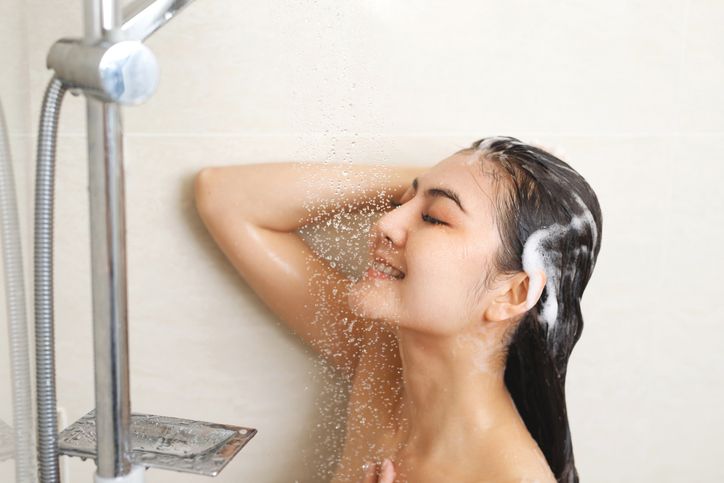
- Home
- Trend
- Weight Loss Strategies
- Acne Tips
- Hair Health Information
- Blemish Removal Tips
- Acne Scar Removal Tips
- Muscle Building Techniques
- Intimate Care Tips
- Postpartum Intimate Care
- Eye Bags Wiki
- Tips for Face Slimming
- Secret of Permanent Hair Removal
- Breast Enlargement Tips
- Cure to Snoring
- Marionette Lines
- Skin-Tightening Secrets
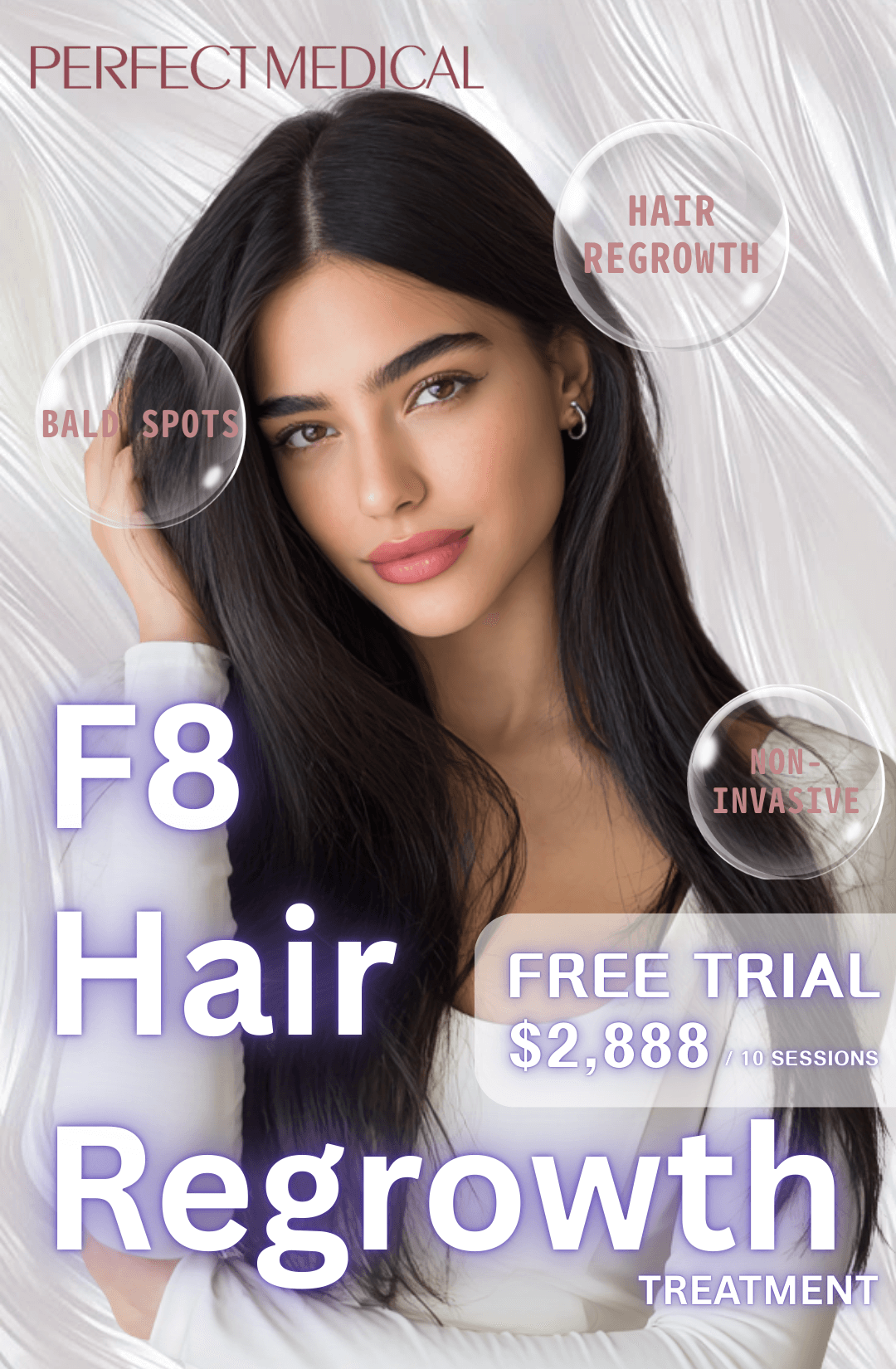
免費體驗
F8 Hair Regrowth Treatment
1 Minute Self-Registration
Date should not be before minimal date
Maintaining healthy hair goes beyond just washing it regularly. Choosing the right shampoo tailored to your hair type and scalp condition plays a crucial role in optimising hair health, promoting hair growth, and preventing issues like hair fall and damage. In this guide, we'll explore the key aspects of selecting the best shampoo for your needs, understanding essential ingredients, and adopting best practices for effective hair care.
1
How to Pick Anti Hair Loss Shampoo? First Understand Your Hair and Scalp
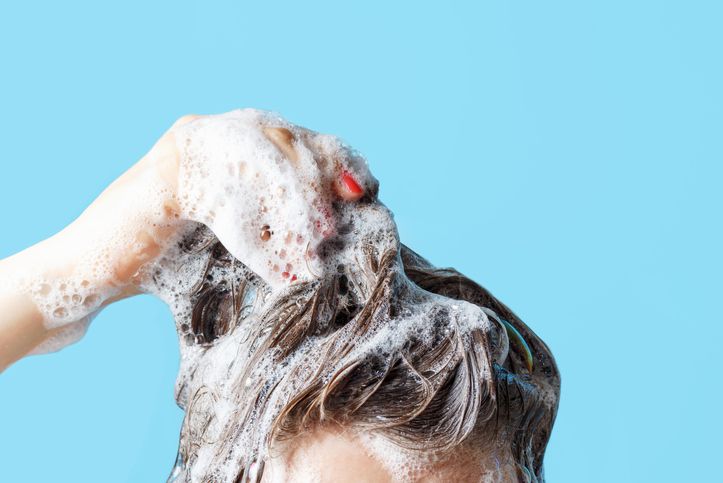
1. Hair Types
2. Scalp Conditions
3. Specific Concerns
4. Identifying Needs
5. Customised Care
6. Colour-Treated or Damaged Hair

2
Benefits of Using Hair Growth Shampoo to Get Thick Hair
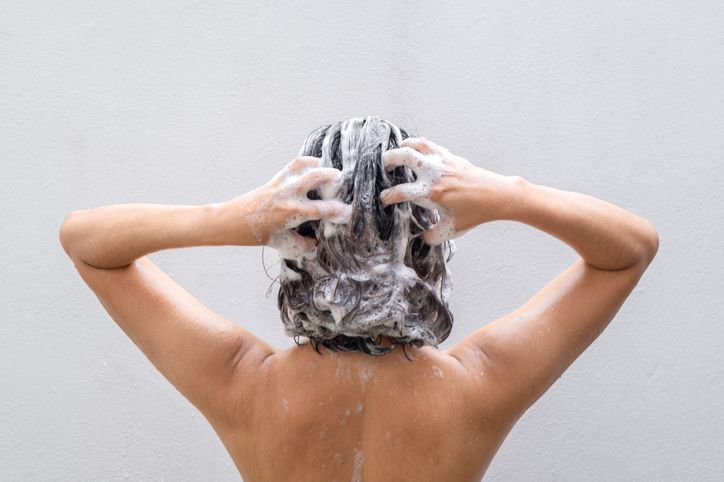
- The Relationship Between Sleeping With Wet Hair And Hair Loss
- Do Hair Growth Helmets Really Work? 5 MOHW-Approved Products + Complete Usage Guide!
- Hard Water Hair Loss: Soft vs. Hard Water – What’s The Difference For Hair Washing?
- Say Goodbye To Flat Hair! Discover 5 Causes Of Limp Locks + Top Styling Tools To Boost Volume At Home
3
Key Ingredients for Hair Health and What to Avoid For Hair Density
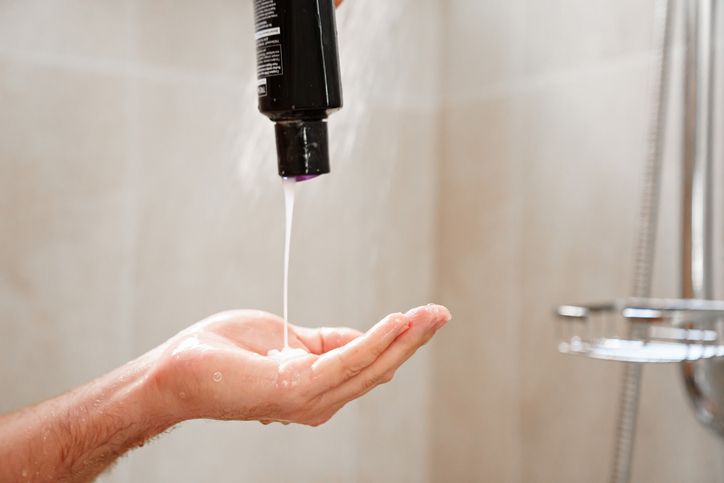
Want a Healthier Scalp? Avoid These Ingredients
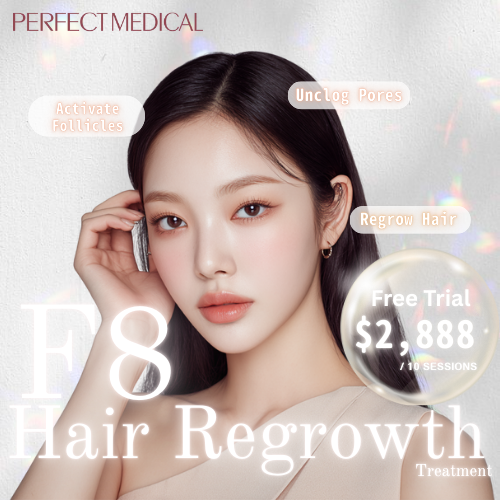
4
Best Practices for Shampooing

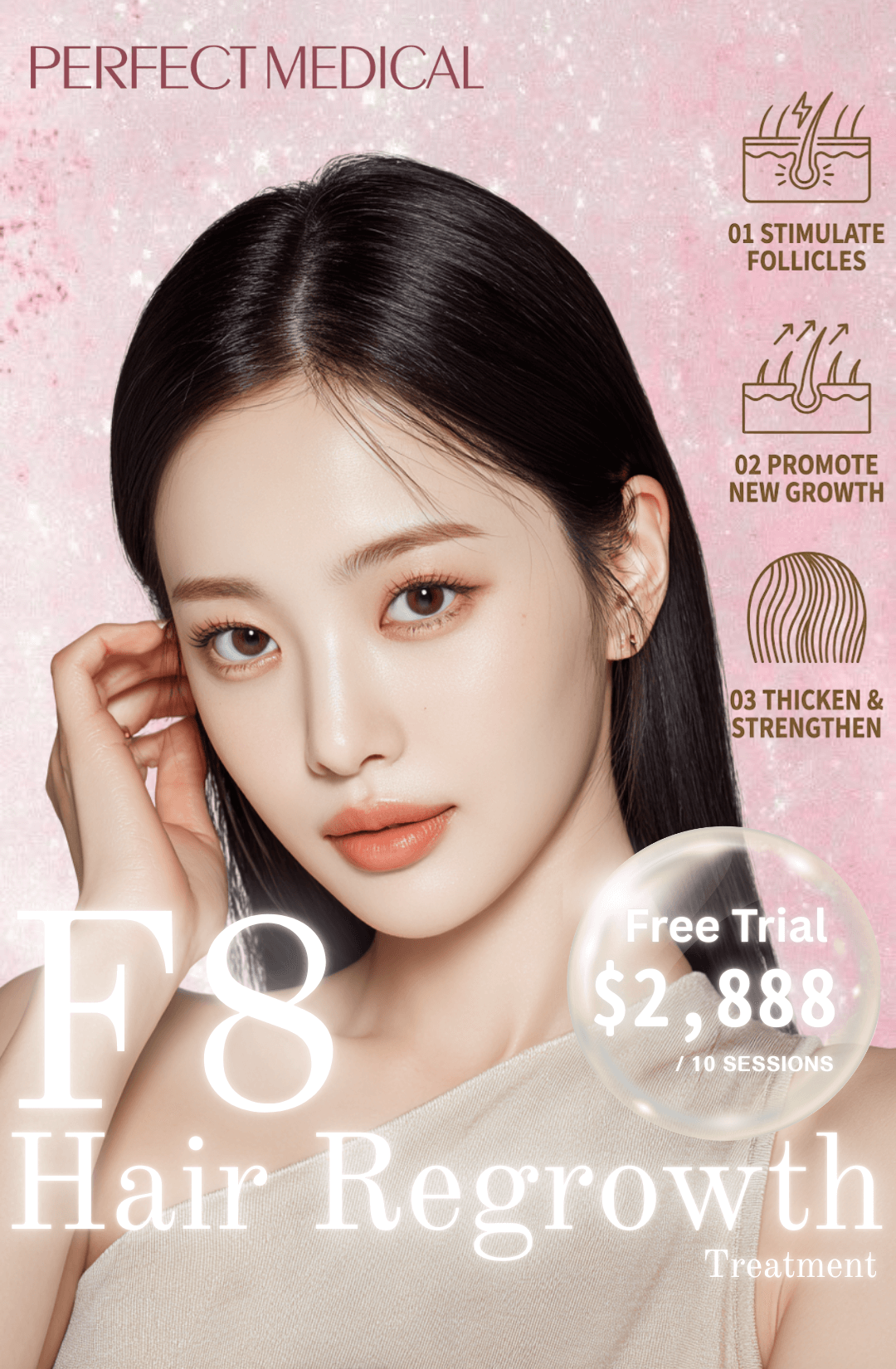
免費體驗
F8 Hair Regrowth Treatment
1 Minute Self-Registration
Date should not be before minimal date
5
Tackle Hair Thinning with The Help of Perfect Medical!
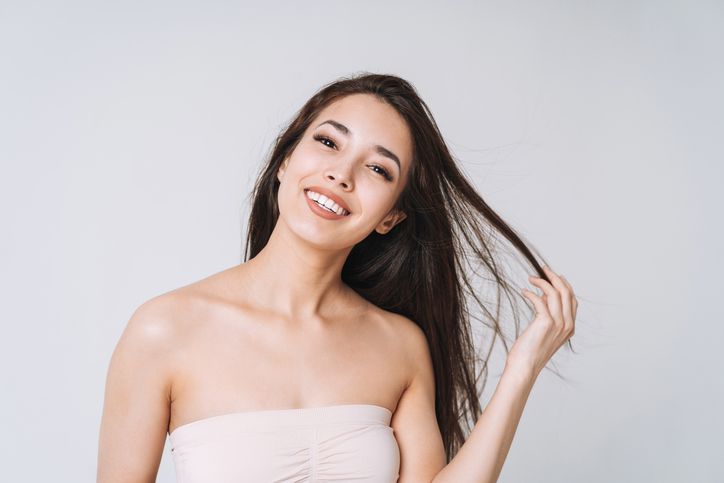
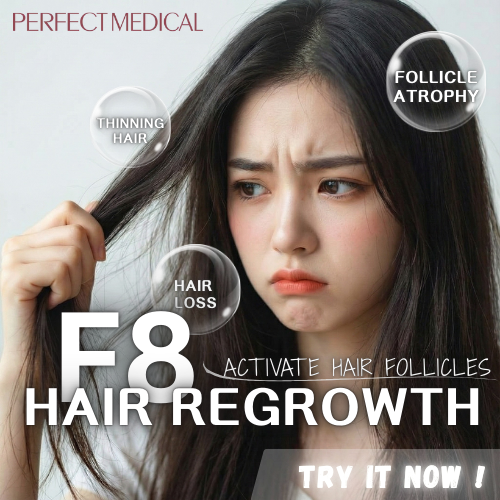
6
Last Few Words
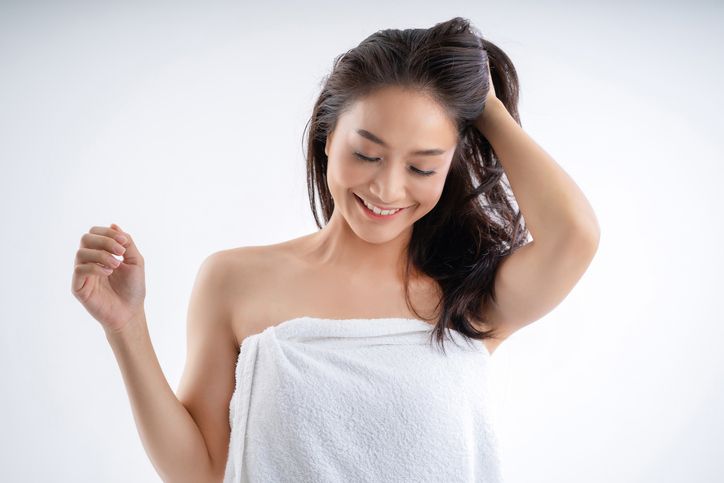
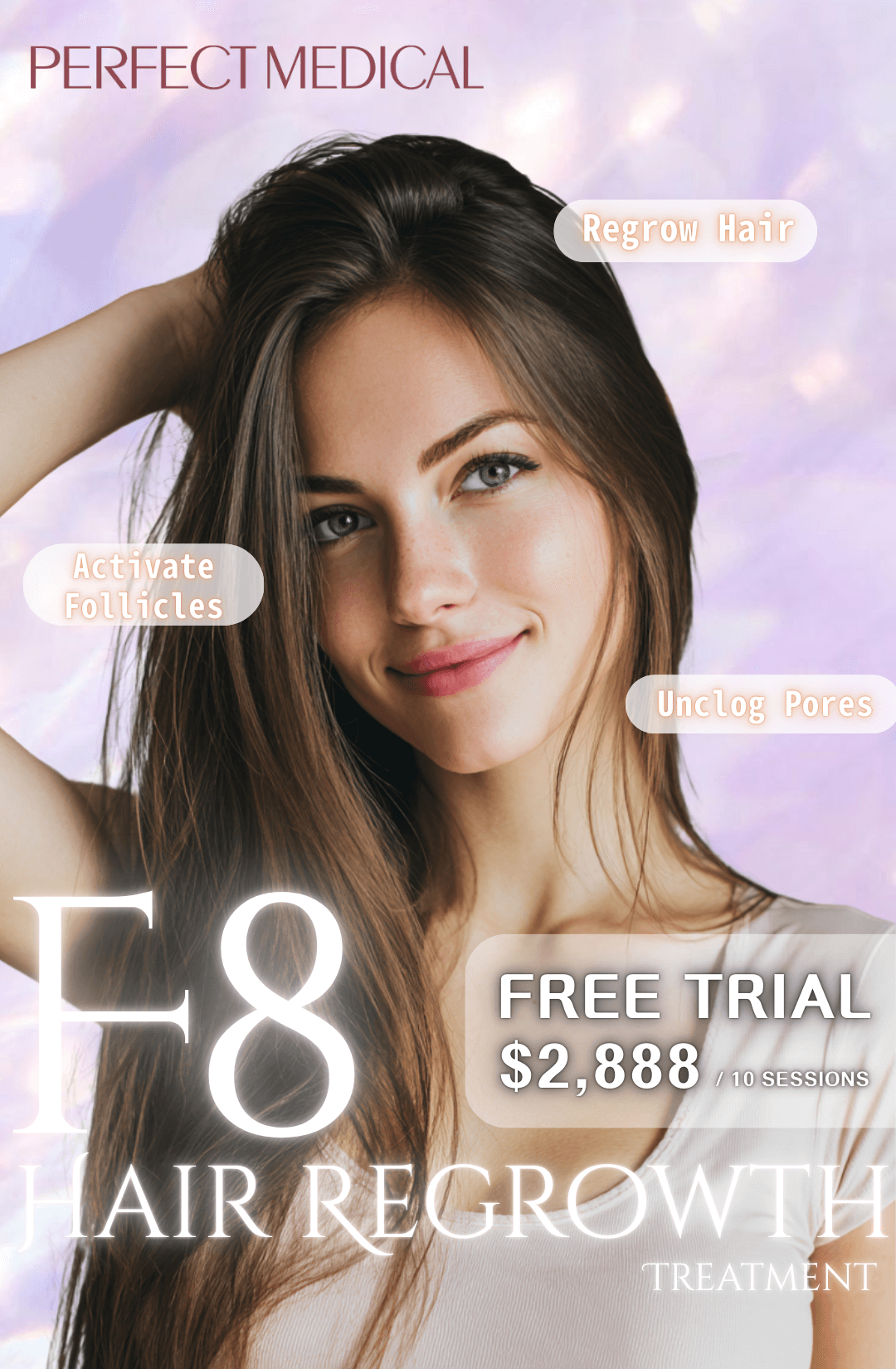
免費體驗
F8 Hair Regrowth Treatment
1 Minute Self-Registration
Date should not be before minimal date
FAQ

1. What are the benefits of using a shampoo specifically formulated for a sensitive scalp?
Shampoos specifically formulated for sensitive scalps offer several advantages. They are typically gentler on the scalp, reducing irritation, itching, and redness commonly associated with standard shampoos. These specialised formulas often contain soothing ingredients like aloe vera or chamomile, which calm the scalp and provide relief from discomfort.
2. Can you explain what clinically proven means in the context of hair care products like shampoo?
Clinically proven in hair care products such as shampoo indicates that the product's efficacy and safety have been scientifically validated through rigorous testing. This testing involves controlled studies on human subjects to assess the product's ability to deliver the claimed benefits, whether it's reducing dandruff, improving hair strength, or promoting scalp health.
3. How does vitamin E contribute to the effectiveness of a specially formulated shampoo for hair health?
Vitamin E plays a crucial role in enhancing the effectiveness of specially formulated shampoos for hair health. Its antioxidant properties protect hair follicles from oxidative stress, which can lead to damage and hair loss. Additionally, vitamin E nourishes the scalp, improves blood circulation, and supports healthy hair growth, making it a valuable ingredient in shampoos aimed at promoting overall hair wellness.
4. What is Guar Hydroxypropyltrimonium Chloride, and why is it often included in strengthening shampoos?
Guar Hydroxypropyltrimonium Chloride is a conditioning agent known for its ability to strengthen hair fibres and reduce breakage. It forms a protective layer around the hair shaft, enhancing resilience and improving manageability. In strengthening shampoos, this ingredient helps fortify the hair structure, making it less prone to damage caused by styling, heat, or environmental factors.
5. Have you noticed less hair fall after using a shampoo specifically formulated for strengthening hair?
Yes, many users report experiencing less hair fall and noticing their hair feeling thicker and stronger after using a strengthening shampoo regularly. These shampoos typically contain ingredients like protein derivatives or amino acids that fortify the hair strands, minimise breakage, and promote healthier, thicker-looking hair. Consistent use of such shampoos can contribute to overall hair health and a decrease in hair loss over time.





